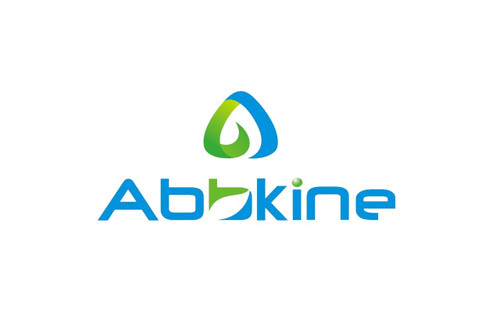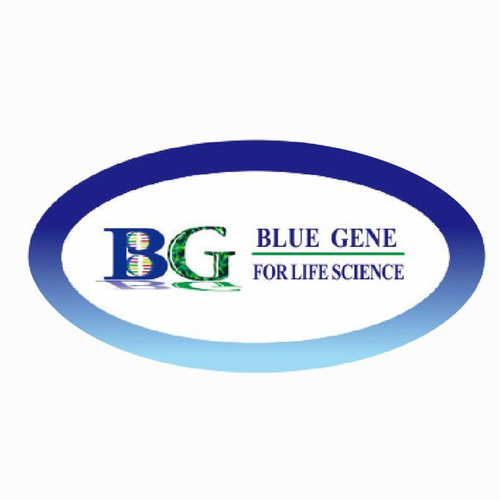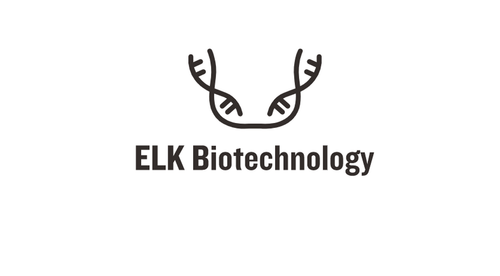Product Description
Human Centromere Protein (CENP-B) ELISA Kit | AE63197HU | Abebio
Species Reactivity: Human (Homo sapiens)
Abbreviation: CENPB
Alternative Name: Centromere autoantigen B|centromere protein B
Application: ELISA
Range: Request Information
Sensitivity: Request Information
Intra-Assay: ≤5.7%
Inter-Assay: ≤9.3%
Recovery: 1, 07
Sample Type: Serum, Plasma, Other biological fluids
Detection Method: Sandwich
Analysis Method : Quantitive
Test Principale: This assay employs a two-site sandwich ELISA to quantitate CENPB in samples. An antibody specific for CENPB has been pre-coated onto a microplate. Standards and samples are pipetted into the wells and anyCENPB present is bound by the immobilized antibody. After removing any unbound substances, a biotin-conjugated antibody specific for CENPB is added to the wells. After washing, Streptavidin conjugated Horseradish Peroxidase (HRP) is added to the wells. Following a wash to remove any unbound avidin-enzyme reagent, a substrate solution is added to the wells and color develops in proportion to the amount of CENPB bound in the initial step. The color development is stopped and the intensity of the color is measured.
Product Overview: Centromere Protein B is a highly conserved protein that facilitates centromere formation. It is a DNA-binding protein that is derived from transposases of the pogo DNA transposon family. It contains a helix-loop-helix DNA binding motif at the N-terminus, and a dimerization domain at the C-terminus. The DNA binding domain recognizes and binds a 17-bp sequence (CENP-B box) in the centromeric alpha satellite DNA.This protein is proposed to play an important role in the assembly of specific centromere structures in interphase nuclei and on mitotic chromosomes. It is also considered a major centromere autoantigen recognized by sera from patients with anti-centromere antibodies.
Stability: The stability of ELISA kit is determined by the loss rate of activity. The loss rate of this kit is less than 5% within the expiration date under appropriate storage condition. The loss rate was determined by accelerated thermal degradation test. Keep the kit at 37°C for 4 and 7 days, and compare O.D.values of the kit kept at 37°C with that of at recommended temperature. (referring from China Biological Products Standard, which was calculated by the Arrhenius equation. For ELISA kit, 4 days storage at 37°C can be considered as 6 months at 2 - 8°C, which means 7 days at 37°C equaling 12 months at 2 - 8°C) .
 Euro
Euro
 USD
USD
 British Pound
British Pound
 NULL
NULL












